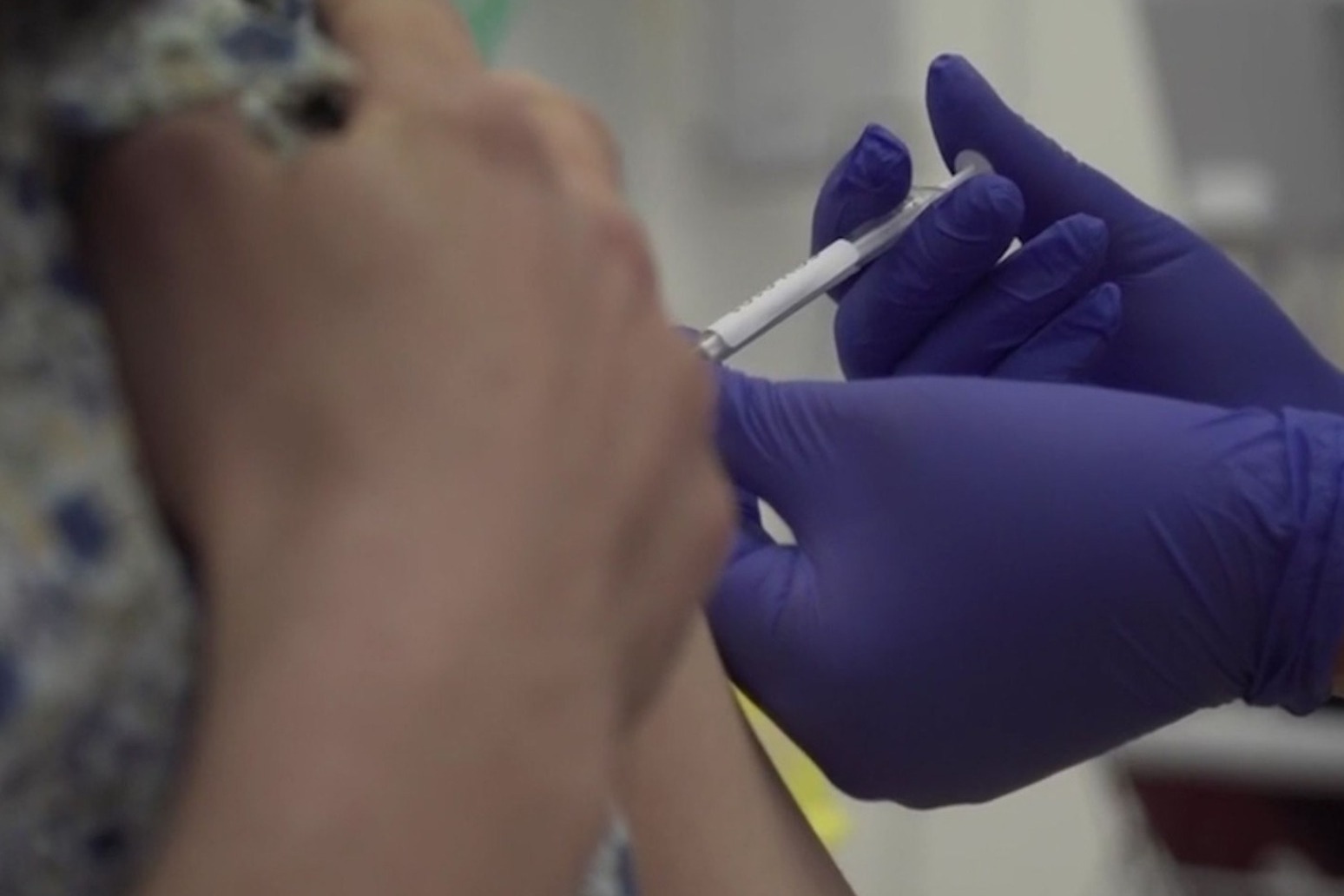
Coronavirus: How will the Oxford Covid-19 vaccine trail work?
If the Covid-19 vaccine candidate developed by Oxford University proves successful in human trials then up to 30 million doses for the UK could be available by September, the Government has said.
Business Secretary Alok Sharma said the first clinical trials were "progressing well" and that all phase one volunteers had received their vaccine dose "on schedule earlier this week".
Researchers at the Oxford Vaccine Group began testing the vaccine candidate ChAdOx1 nCoV-19 in humans on April 24 to see whether it can protect healthy people from Covid-19.
The programme will allow researchers to assess the safety of the candidate, and its ability to generate an immune response.
- How does the study work?
Up to 1,102 participants have been recruited across multiple study sites in Oxford, Southampton, London and Bristol.
The volunteers have been randomly allocated to receive either the ChAdOx1 nCoV-19 vaccine or a licensed meningitis vaccine that will be used as a control for comparison.
A separate small group of 10 volunteers were set to get two doses of the candidate four weeks apart, the first administered at the start of the trial.
- Who is participating?
Volunteers must be aged 18-55, and cannot have tested positive for Covid-19.
They must also be in good health, not be pregnant or breastfeeding, and must not have previously taken part in a trial with an adenoviral vaccine or received any other coronavirus vaccines.
- How will the trial work?
The dose used in the trial was chosen based on previous experiences with other ChAdOx1 based vaccines.
Participants will not know whether they have received the Covid-19 vaccine or the control vaccine until the end of the trial.
On April 24, the first two participants were vaccinated, one with the ChAdOx1 nCoV-19 vaccine and one with the control vaccine.
On day three, six more volunteers were vaccinated, half with the Covid-19 vaccine and three with the control vaccine.
On the fifth day, researchers began vaccinating larger numbers of participants.
- What happened next?
The participants were given an e-diary to record any symptoms they experience in the seven days after receiving the vaccine, and if they feel unwell for the following three weeks.
During a series of follow-up visits, blood samples will be taken to assess their immune response, and their observations checked.
If they develop Covid-19 symptoms during the study, they can contact a member of the clinical team, who will check if they have become infected with the virus.
If a participant becomes very unwell they will be reviewed by staff at the hospital.
- When will the results be available?
The statisticians will compare the number of infections in the control group with the number of infections in the vaccinated group.
Therefore, it is necessary for a small number of study participants to develop Covid-19.
How quickly researchers reach the numbers required depends on the levels of virus transmission in the community.
If transmission remains high, enough data may be available in a couple of months but if transmission levels drop, this could take up to six months.
- What is the vaccine?
ChAdOx1 nCoV-19 is made from ChAdOx1, which is a weakened version of a common cold virus (adenovirus) that causes infections in chimpanzees.
It has been genetically changed so it is impossible for it to grow in humans.
Researchers hope their version will make the body recognise and develop an immune response to the spike protein - recognisable in images of the virus - that will help stop Covid-19 from entering human cells and therefore prevent infection.
Imperial College London is also progressing with its vaccine candidate and will look to move into clinical trials by mid-June, with larger scale trials in October.
Published: by Radio NewsHub